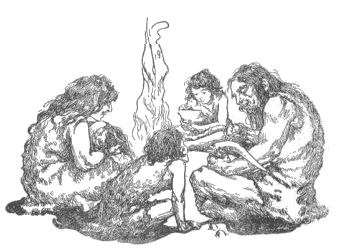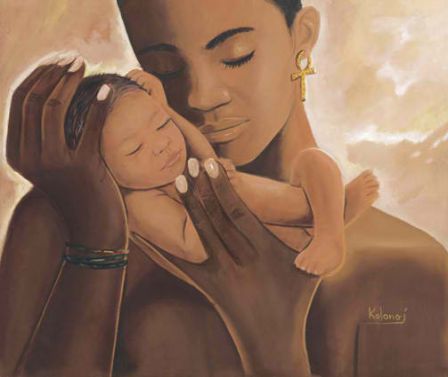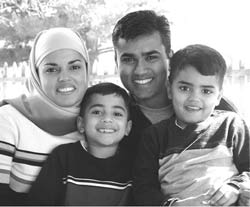To whom it may concern,
There was a time, generations ago, when an armed struggle
was necessary in South Africa.
There was a time such a resistance was honorable; and
throwing stones and burning tyres were symbolic yet tangible attempts at
defiance against the heavy-handed, armed riot police of a racist government.
Not too long ago, we were the victims of our own skins -
being oppressed for being too dark, too African, or just too ethnic.
This was the time when the ANC called for revolution against
the oppressors. Our leaders, like Steve Biko, Moses Mabhida and countless,
un-celebrated mothers and fathers, inspired selfless bravery in the face of
brutality; hope in the face of despair. And at the heart of this was
a youth league that energised the noble ideals of the African National
Congress.
But that resistance was just a means to an end, not a way of
life.
I live in the Western Cape. And for the longest time I
remained hopeful that one day, the ANC would come and democratically wrest
power away from the current ruling opposition.
Not because of political or ethnic considerations but
because like so many here, I want to live alongside our fellow countrymen under
a rule of law, by a party who still bears the scars of a struggle that gave us
that opportunity. The right to live, love and prosper with whomsoever we chose
to do so without fear or prejudice.
Yet today I pen this letter, feeling dejected and betrayed
and largely confused by the actions of a youth league that threatened
to turn our city into a war zone.
After 18 years of freedom, the youth league still sees the
tactics used against the Apartheid regime as applicable today. And that saddens
me deeply.
I am 27, Muslim and “Coloured” but most importantly I am
South African. I am also the grandson of a man imprisoned for dissent against
the old-regime and the son of parents who both rioted in the 70’s with this
very youth league against racist oppression.
Yet today, I feel far removed from this once honorable
movement. Instead, you find a man increasingly at odds with your actions.
What shame, pain and embarrassment for those who have to
witness a legacy that is feted the world over – tarnished, neglected and preyed
upon by a youth wing that openly expressed a desire to have vandals and
criminals in their ranks.
Today’s unrest spoke volumes of what the league has
disintegrated into: a home for hateful incitement, racist name-calling,
hooliganism and unbridled anarchy.
Youth League, answer this: Are we not a nation built on
respect and diversity? Where is the respect for those who do not share your
political views? Where is that diversity that the ANC embraced once upon a time
when they stood side by side with the South African Indian Congress, the South
African Coloured People’s Organisation, and the South African Congress of
Democrats in 1955?
Does our proud history of united action mean nothing to you?
Also, why do you decry racism so fervently elsewhere when
yet there is almost no racial diversity within your own leadership? We
are all different, but equal. I state the obvious because I hope in text, it
will imprint a change or at least flicker a moment a self-reflection.
I know all too well that there is an economic battle being
waged in homes all across South Africa, with the poor finding no respite.
Poverty is something we need to confront earnestly, together.
I agree that there is an over-representation of white males
in positions of power within the private sector, but why should employees that
are not in positions of power have to suffer for this? This is
a battle that is best taken up with the executives of the corporations.
Yes, multi-nationals get disproportionately high profits on
the backs of our own natural resources, but this is something we must confront
with thought and consideration.
Unhinged militancy and incitement do nothing to build the
bridges we need for resolving our nation’s many social problems. And they do
even less in resurrecting our fading dreams of a better South Africa for all.
All you are doing, in light of your planned actions, is burning bridges to the
ground.
I turn my back on your gangster mentality, because there is
no place for it in our society. And as a league of comrades, not a gang of
thugs – we should be leaders with an example of our own. An example that honors
the blood that have been spilt in Soweto, Rivonia, Vlakplaas, District Six and
all those uncelebrated places where people have struggled for a better life.
There is an open forum for public discussion and debate: a
platform that was built by YOUR predecessors at the ANC. I look at the life of
Chief Luthuli and wonder: Is this the legacy he envisaged?
He was a noble man that was known to be intolerant of
hatred, he led 10 million people in non-violent protest, and he fought every
day of his political and educational career for educational equality and a
better life for all.
Today, as you spread anarchy, resentment and continue the
cycle of hatred in our streets; his values seem completely at odds with the
ones you express.
Youth League, I challenge you:
· To see the educated and informed
will of the people as more important for a peaceful society than gaining
political points and power.
· To admit and address that there
exist cultural exclusivity and superiority (racism) within your organisation,
effectively barring other minorities of previously disadvantaged backgrounds
from full participation and membership.
· To address the militarism and
hateful incitement that does nothing for the social cohesion of a diverse
constituency.
· To recognise that through your
calls to militarism and hooliganism, you are directly responsible for the
destruction or theft of public and private property, the injury and trauma of
innocent non-participants, the exacerbation of economic disparity by disrupting
small and entrepreneurial business, and sowing mistrust and suspicion between
people on the basis of race. I remind you, intimidation and violence against a
civilian population for a political or ideological cause constitutes domestic
terrorism.
· To acknowledge that the problems
that South Africa is facing cannot be addressed by the
militarism and armed struggle that you continuously propagate both implicitly
and explicitly.
My heart broke a little today when you turned your back on
the legacy of the ANC.
Today, I no longer believe that the ANC holds the future of
this country.
Your colossal contribution to our past will always be respected
and appreciated, but if your future leaders continue on this poisonous path,
then I can no longer cast my ballot for you.
Deepest regrets
Kamal Salasa














